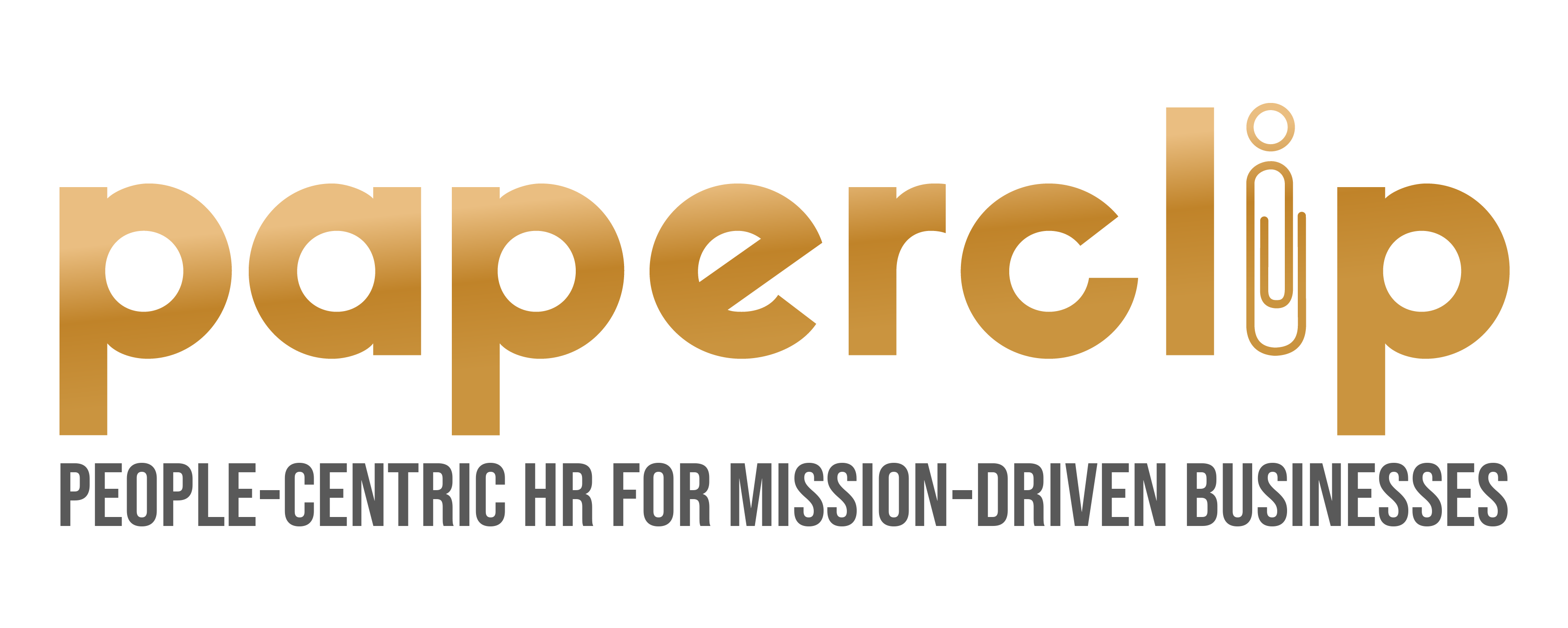The Role of HR in Shaping Organizational Culture
Organizational culture – the shared values, beliefs, and practices that characterize an organization – is a pivotal element in a company’s success. It’s a powerful tool that impacts employee engagement, job satisfaction, and overall business performance. At the helm of nurturing and directing this culture stands the Human Resources (HR) department, often serving as the compass that guides a company’s cultural journey.
Defining the Culture
The first step towards driving organizational culture is defining what it should be. HR can take the lead in this, working with leadership to shape a culture that aligns with the company’s strategic objectives and core values. This might involve establishing a culture of innovation, collaboration, diversity, or customer-centricity, depending on the company’s specific goals and industry context.
Communicating the Culture
Once the culture is defined, it’s HR’s role to ensure it is communicated effectively throughout the organization. This can involve creating an engaging narrative that resonates with employees, and consistently communicating it through various channels. HR can use onboarding sessions, company-wide meetings, newsletters, or digital platforms to embed the defined culture in the organization’s daily fabric.
Integrating Culture into HR Practices
HR plays a key role in integrating the defined culture into various HR practices. For instance, in the recruitment process, HR can ensure that new hires align with the company’s cultural values, which can significantly enhance team cohesion and productivity. Likewise, training and development programs can be designed to reinforce the cultural norms and expectations, aiding in the development of a consistent and pervasive organizational culture.
Cultivating a Healthy Work Environment
HR is instrumental in creating a work environment that nurtures the desired culture. This can involve implementing policies that promote a positive work-life balance, encourage diversity and inclusion, or foster open communication. HR can also spearhead initiatives that recognize and reward behaviors that embody the company culture, thereby reinforcing its importance.
Measuring Cultural Health
Just like any other strategic initiative, the effectiveness of cultural initiatives should be regularly assessed. HR can use tools like employee surveys, focus groups, or feedback sessions to gauge the health of the organization’s culture. These insights can be invaluable in identifying areas for improvement and tailoring strategies to reinforce the culture.
Driving Change
Lastly, HR plays a crucial role in driving cultural change when needed. Whether it’s a company merger, leadership change, or strategic shift, HR can guide the organization through the transition, ensuring the culture adapts while remaining true to the company’s core values.
The role of HR in driving organizational culture is multifaceted and indispensable. By defining, communicating, integrating, and measuring the culture, HR can steer the cultural ship, ensuring it navigates towards the organization’s strategic objectives. As businesses increasingly recognize the value of a strong organizational culture, the role of HR as a cultural steward is set to become even more significant, underscoring the profound impact HR can have in shaping an organization’s identity and success.
